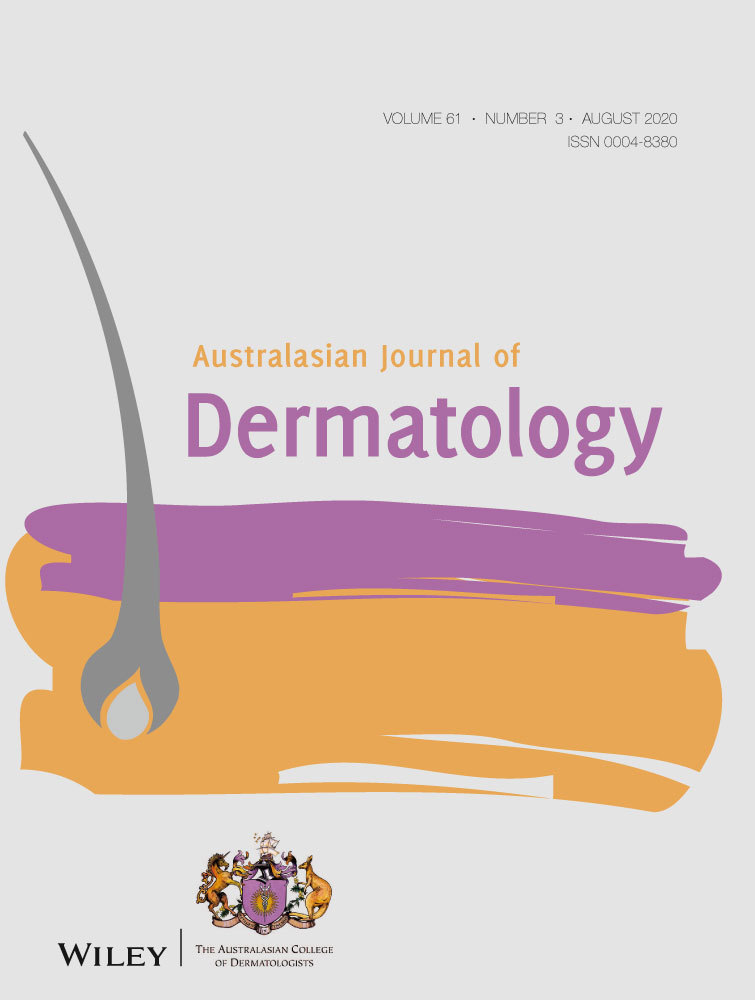Dietary habits in Japanese patients with chronic spontaneous urticaria
Abstract
Background
Chronic spontaneous urticaria (CSU) is defined as the spontaneously appearing weals and/or angioedema for more than 6 weeks. Dietary habits can modulate the pathogenesis of CSU. However, dietary intakes of nutrients or food in CSU patients, compared with healthy controls, have not been examined in quality and quantity.
Methods
We evaluated dietary habits in adult Japanese patients with chronic spontaneous urticaria using a validated, brief-type self-administered diet history questionnaire and compared the results to those of age- and sex-matched healthy controls. The severity of CSU was evaluated using the Urticaria Control Test.
Results
Japanese CSU patients showed higher body mass indices, higher intakes of eggs, vegetables other than green/yellow vegetables/mushrooms/algae, cholesterol, folic acid, dietary fibres, vitamin D, vitamin K, Cu, Fe, Pi, Ca, Mg, Na and salt, and lower intake of alcohol, compared to controls. The logistic regression analysis showed that CSU was associated with high body mass index and high intake of eggs. The intake of beverages was higher in uncontrolled CSU patients (Urticaria Control Test ≦11 points) than in controlled patients. The logistic regression analysis showed that uncontrolled CSU was associated with high intake of beverages. The intake of coffee, caffeine-rich and non-alcohol beverage, in uncontrolled CSU patients was higher than that in controlled patients.
Conclusions
Chronic spontaneous urticaria was associated with high body mass index and high intake of eggs. Uncontrolled CSU was associated with high intake of beverages. Further studies should elucidate the relationships of these results with the development or exacerbation of CSU.




